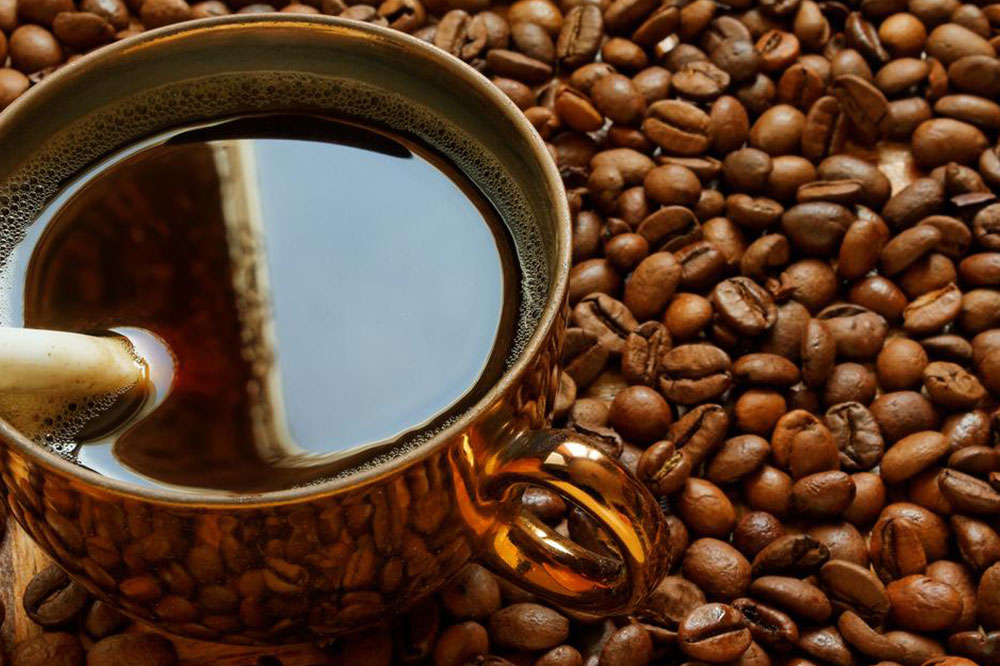
Foods to Avoid for Schizophrenia Patients
Patients with schizophrenia suffer from symptoms such as hallucinations, delusions, and disordered thinking among others, which don’t just lead to social withdrawal but also hinder day-to-day functions. The patient’s medical course is determined by their symptoms and their severity. Treatment for most schizophrenic patients continues throughout life. The symptoms, however, can be controlled. In this vein, here are some foods a schizophrenia patient must avoid to effectively relieve their symptoms:
- Wheat
Several studies suggest that gluten can cause and aggravate schizophrenia. According to historical reports, when schizophrenic patients were on a diet that excluded bread entirely, it resulted in faster recovery. Many studies and research also show that people who are intolerant to gluten are likely to develop schizophrenia.
- Carbohydrate-rich foods
Eliminating gluten-rich foods alone isn’t enough; it is crucial to control the intake of carbohydrates as they contribute to weight gain and changes in a patient’s metabolism since they are constantly on stimulant drugs. A low-carb diet is also adopted by people with bipolar disorder for its anti-seizure properties.
- Added sugar
A spike in sugar levels can have a substantial impact on a perfectly healthy person’s mood and body, and it’s worse for patients with mental illnesses. Added sugar can lead to an imbalance in blood sugar levels, which, in turn, can cause mood disorders. Sugar consumption is also linked to the possibilities of depression.
- Processed foods
Processed foods may be convenient and inexpensive, but the added sugar, salt, preservatives, and refined carbohydrates present in them can have a negative impact on the patient’s health. They also lack the essential nutrients and vitamins that fresh produce and whole meals are packed with. Following a nutritious diet can remarkably alleviate some symptoms of schizophrenia.
- Foods that are high on caffeine
Schizophrenic patients usually have trouble sleeping, so adding caffeine to their diet should be completely avoided. If it can’t be given up on entirely at once, then one can gradually reduce the frequency of its consumption. For instance, if one can’t do without coffee, then they must have the last cup no later than 2:00 pm. Consuming the last portion of caffeine early in the day should cause a relatively lesser amount of troubles while sleeping.
- Cheese
Dairy, for a few people, may be anti-inflammatory. But casein, a dairy derivative found in cheese, may have adverse effects on some. Casein has been associated with inflammation and depression even among healthy people.
- Pretentious healthy juices and snacks
Some of the most expensive, well-packaged healthy foods and juices, too, come with added preservatives and chemicals. Also, added sugar present in some of these juices, protein bars, and protein shakes can easily exceed the required amount of sugar in a patient’s prescribed diet.
Closely monitoring the patient’s diet can lead to a significant improvement in relieving their symptoms. It can also fasten the treatment to an impressive extent.



